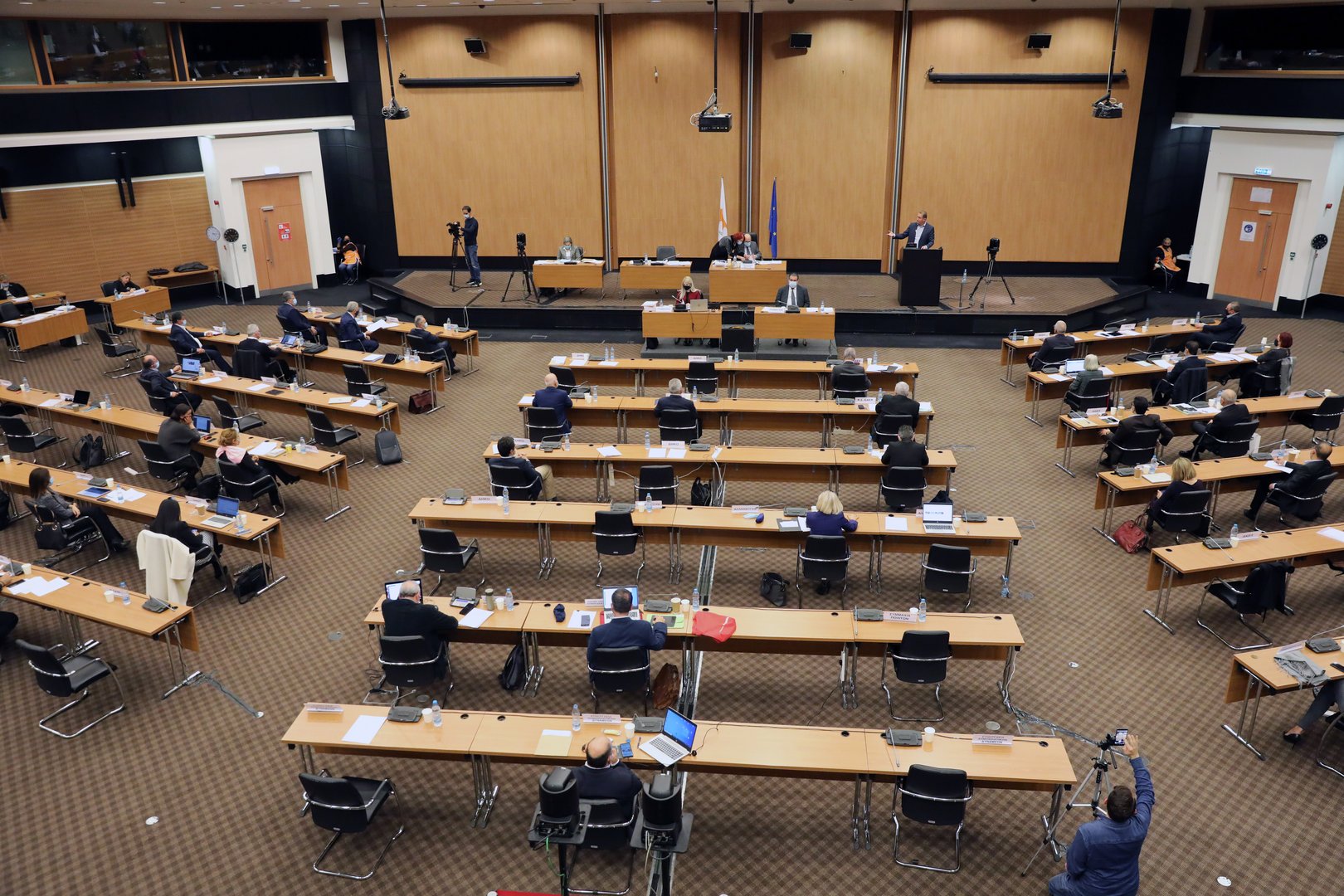It didn’t take long for the new parliament to fall back into regurgitating old agendas. Top of the list for opposition MPs yet again this week is a further moratorium on home repossessions until October 31.
The current suspension, partly an election ploy, expires at the end of this month.
With non-performing loans (NPL) still going up, according to the latest figures from the central bank last week, authorities tried again to warn deputies of the dangers it could pose to the banking system, but opposition MPs determined to press on regardless.
The moratorium was initially introduced in early 2020 to protect debtors amid the coronavirus-related economic fallout – and has been renewed several times since.
But a central bank official ‘inconveniently’ pointed out during the House finance committee meeting that 64 per cent of NPLs concern loans in arrears for over two years so the majority of them have nothing to do with the pandemic.
He also said MPs’ concerns over repossessions were overblown. Since 2015 only six residences have been repossessed and auctioned off, at an average market value of €523,000 – higher than the residences currently protected by law.
Since the data is available, would it not make more sense to cut some slack to those who have fallen on hard times and ended up with NPLs due to lockdown policies, and simultaneously lift the protection on those who have stubbornly refused to pay their loans for years?
Foreclosures, the official rightly pointed out, are a tool and an incentive encouraging delinquent debtors to restructure their loans and warned that granting yet another extension would effectively make the freeze a permanent fixture, rather than the temporary measure it was supposed to be.
But it all fell on deaf ears. Akel MP Aristos Damianou said the legislature had “a duty to strike a balance between banks’ privileges and debtors’ rights”, and that the proposal would go to the plenum. Yes, debtors have the right not to be treated unfairly by banks, but they also have an obligation to repay the money they borrowed. And don’t we have a financial ombudsman to protect them?
Interestingly, at the same committee meeting, MPs discussed passing an amendment making a bank that is under liquidation liable for compensating insured depositors (up to €100,000), rather than the compensation being made through the Deposit Guarantee Scheme (DGS) which is currently the case.
The thinking behind the proposed change is that the fund created by the DGS does not contain enough cash to compensate depositors in the event of an individual bank default.
In a bank liquidation scenario, as opposed to a bank resolution, depositors – those people who bothered to save and pay their loans – could find themselves unprotected and at the bottom of a list of bank creditors in the event of a default.
So since Akel and the other opposition parties care so much about the little guy, it would behove them to give this proposal more careful scrutiny and get off their high horse about protecting deliberate loan defaulters.







Click here to change your cookie preferences